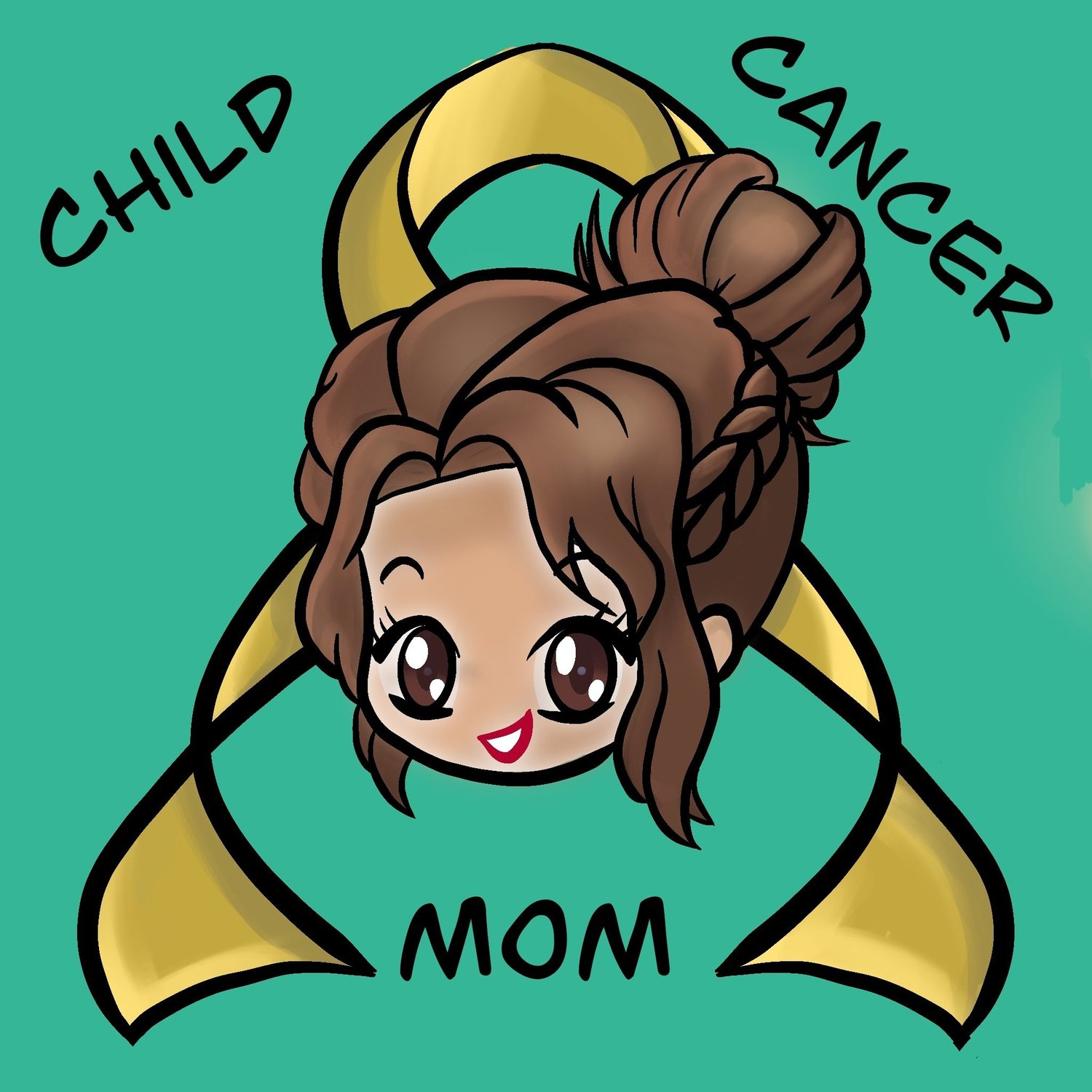Frequently Asked Questions
The Questions I Get Asked the Most as a Pediatric Cancer Nurse
What part of the blood counts do I need to know?
These are the values that matter the most to you as a parent.
ANC (Absolute Neutrophil Count)- This result tells us the total amount of neutrophils, a type of infection-fighting white blood cell, there is in the bloodstream. Low values mean your child is at higher risk for infections. It’s good to know as a parent because it can influence when your child is discharged from the hospital after a chemotherapy infusion round or when the next cycle can begin. There are medications your child’s Oncologist may order to give in the hospital, in the clinic, or at home to jump-start the body to make neutrophils and increase the value.
Hgb (hemoglobin)- A specialized protein on red blood cells that carry oxygen from our lungs throughout our body. It is used to test for anemia, a low level of red blood cells. A low result means your child will need a red blood cell transfusion. Symptoms of anemia include pale skin (for darker complexions look at the bottom lip inside the mouth), sleepier than normal, dizziness, headaches, and shortness of breath during physical activity. Inform your child’s Oncologist if you notice any of these symptoms.
Platelets- These are tiny cell fragments that are responsible for blood clotting, which is important to stop bleeding after an injury. A low result means your child will need a platelet transfusion. Symptoms of a low platelet level include unexplained or easy bruising, small purple spots under the skin, small red spots on the skin that may look like red freckles or rash, frequent nosebleeds, bleeding from mouth/gums, prolonged bleeding from small cuts or wounds, and black bowel movements (poop). Inform your child’s Oncologist if you notice any of these symptoms.
Are there any safety precautions we should take at home after receiving chemotherapy?
Your child will get rid of the chemotherapy from their body naturally through their urine or bowel movements (poop). For 48 hours after receiving chemotherapy, it is important to double flush the toilet for potty-trained children or wear gloves to change diapers. Diapers can be thrown in the regular trash unless instructed differently. Some chemotherapy-like medications may be given at home. Use gloves to prepare them and use dedicated medication cups, spoons, or syringes to give them to your child. The Oncologist’s office or pharmacy should provide you with a yellow bin to put the medication or syringes in and take it back to the clinic or as instructed to be properly disposed of.
How can I bathe my child with a central line?
Depending on your child’s access device (PICC, CVC, Port-A-Cath) and age, bathing will be different. You can’t submerge any of these devices (except for a non-accessed port) underwater and getting them wet can peel the dressing. Several water covers available on medical equipment sites or Amazon can add a layer of protection over the dressing. Otherwise, the best bet is to avoid getting water anywhere near the location of the dressing. Your options can be a bath with a low level of water, bed bath or modified shower, or a combination of these.
The Oncologist recommended we change our access device to a Port-A-Cath. This makes me nervous. What do you think?
My favorite access device by far is a Port-A-Cath. It is a drum-shaped device surgically placed under the skin on the upper chest. A needle is used to access it for use and numbing cream is placed over the area prior so it won’t hurt. When not in use, the needle is removed. Only monthly access is needed to maintain it. Your child can have regular baths or showers and can even swim. It is also barely visible depending on your child’s size. Long-term use (meaning the needle has to stay in for a week or more) will mean weekly needle changes and dressing changes.
I asked for a Port-A-Cath as soon as my daughter was diagnosed. Unfortunately, I had to wait until she got to the maintenance phase to get one. It was a relief to not have to flush her PICC daily and make sure she wasn’t chewing on the caps or trying to pull it out.
When can my child return to in-person school?
Oncologists will usually allow children to return to in-person classes when they are in the maintenance portion of treatment. Ultimately, it depends on your child’s blood counts and infection risk. If you do get the green light for your child to return to school and your child is not up-to-date with immunizations, make sure to ask your child’s Oncologist for a medical exemption letter. Check with the school to make sure what the letter needs to say exactly.
Will my child get vaccines while undergoing cancer treatment?
Your child’s Oncologist will usually only recommend the flu shot during treatment. Any missed vaccines will be given a few months after completion of all treatment and at the discretion of your child’s Oncologist.
When can we travel or visit family?
This is always a great question for your child’s Oncologist because it depends on a few factors most importantly your child’s immune system and the crowd size. It is always good to check that anyone you’re visiting is not sick (even not during a pandemic).
